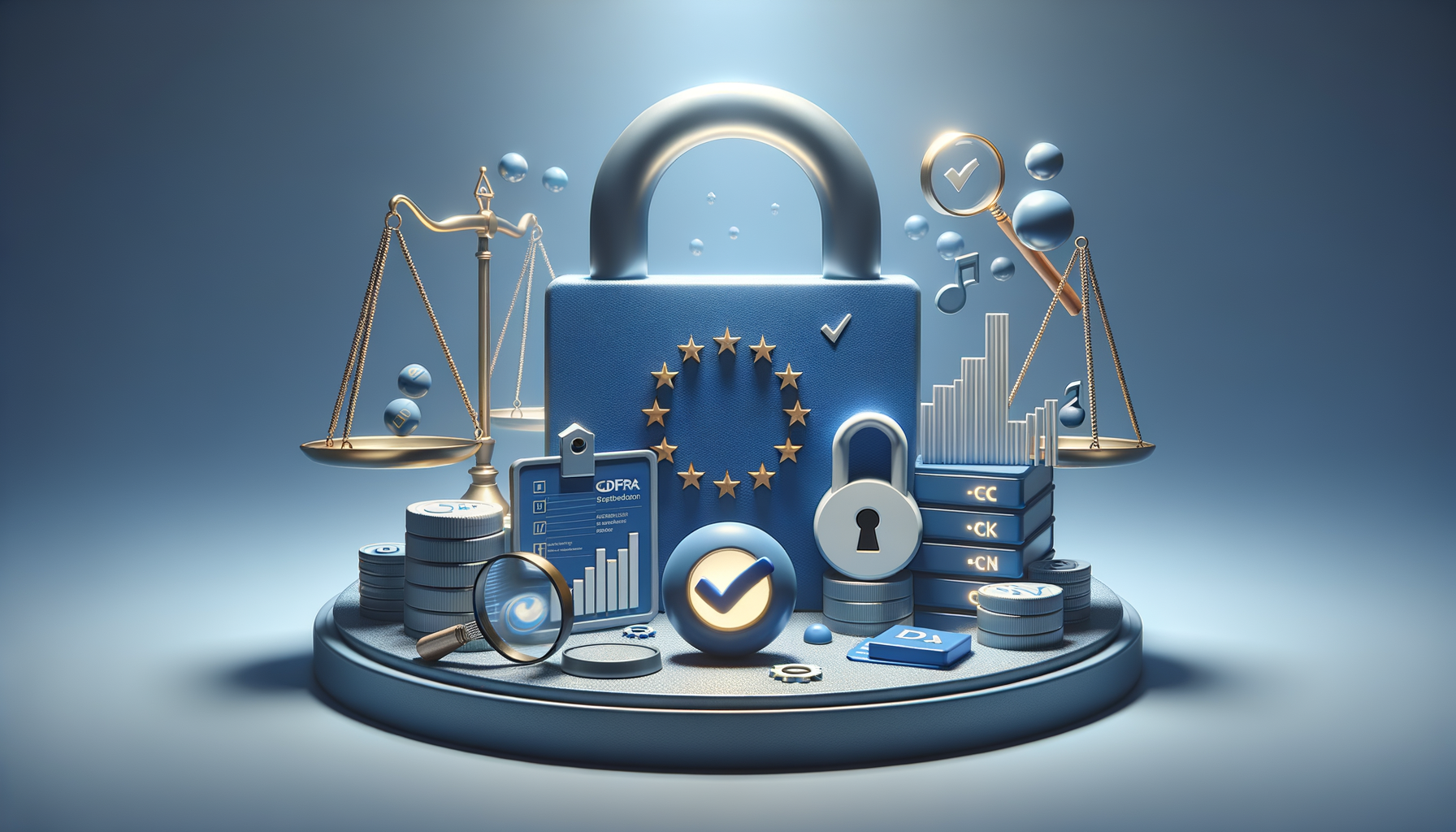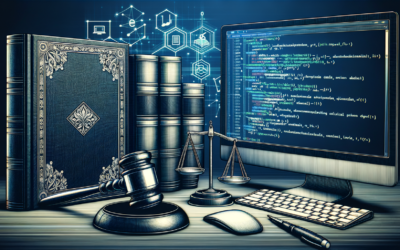RGPD Compliance
In the digital age, compliance with the General Data Protection Regulation (GDPR) has become a crucial issue for companies operating in the European Union. In this article, we’ll explore what RGPD compliance means and how organizations can ensure they meet the requirements of this important regulation.
What is RGPD compliance?
RGPD compliance refers to the set of obligations that companies and organizations must meet in order to comply with the RGPD. This regulation, which came into force on May 25, 2018, aims to protect the personal data of EU citizens. It has introduced significant changes to data law, with founding principles such as transparency, data security and greater control by citizens over their personal information.
Key elements of RGPD compliance
Consent and rights of data subjects
Under the RGPD, individuals’ consent to the use of their personal data must be clear, specific and freely given. This means that companies must obtain explicit consent for data processing, and cannot rely on silence or inaction as an indication of consent. In addition, individuals have the right to request access to their data, to have it rectified or deleted, and to restrict its use in certain cases.
Data protection by design and default
Another requirement of the RGPD is that data protection be integrated right from the design stage of any new artificial intelligence product or service, or when implementing a process that deals with personal data. This implies that the highest level of data confidentiality is the default standard.
Data breach notification
Companies are required to notify the regulatory authorities of any data security breach within 72 hours of becoming aware of it. In the event of a data leak that poses a high risk to the rights and freedoms of individuals, the latter must also be informed without unnecessary delay.
Data Protection Officer
To ensure RGPD compliance, some organizations must appoint a Data Protection Officer (DPO). The DPO is tasked with ensuring that activities handling personal data comply with the RGPD, and acts as the point of contact between the company and the supervisory authorities.
Impact of RGPD compliance on businesses
Risks and penalties
Failure to comply with the RGPD can have severe consequences for businesses, including fines of up to €20 million or 4% of worldwide annual sales. Other sanctions may also be applied, such as a ban on data processing.
Competitive advantages
RGPD compliance isn’t just about complying with the law; it can also offer competitive advantages. Compliant companies can build customer trust and improve their governance, risk and compliance (GRC), attract more privacy-conscious customers and differentiate themselves in the marketplace.
Digital transformation
The RGPD can also be a catalyst for digital transformation. Companies are encouraged to review the way they collect, store and process data, which may lead them to adopt new, more modern and efficient technologies and legal project management working methods.
Frequently asked questions
Here’s a list of frequently asked questions to better understand RGPD Compliance.
Who is affected by the RGPD?
Any organization, whether companies or public entities, that processes the personal data of European Union residents is concerned by the RGPD, regardless of their geographical location.
What are the main obligations of companies under the RGPD?
Companies must ensure the confidentiality, integrity and availability of the personal data they process, implement appropriate security measures, provide transparency to data subjects and be prepared to respond to their requests relating to their data.
Does my company need a DPO?
A DPO is required if the organization is a public authority, or if the main activities consist of processing operations that require regular and systematic monitoring of individuals on a large scale, or concern particular categories of data on a large scale.
By rigorously following these recommendations, companies will be able to approach RGPD compliance and operate with confidence in the European economic space. For more information, it is advisable to consult an expert in robot law or RGPD compliance for personalized advice.




